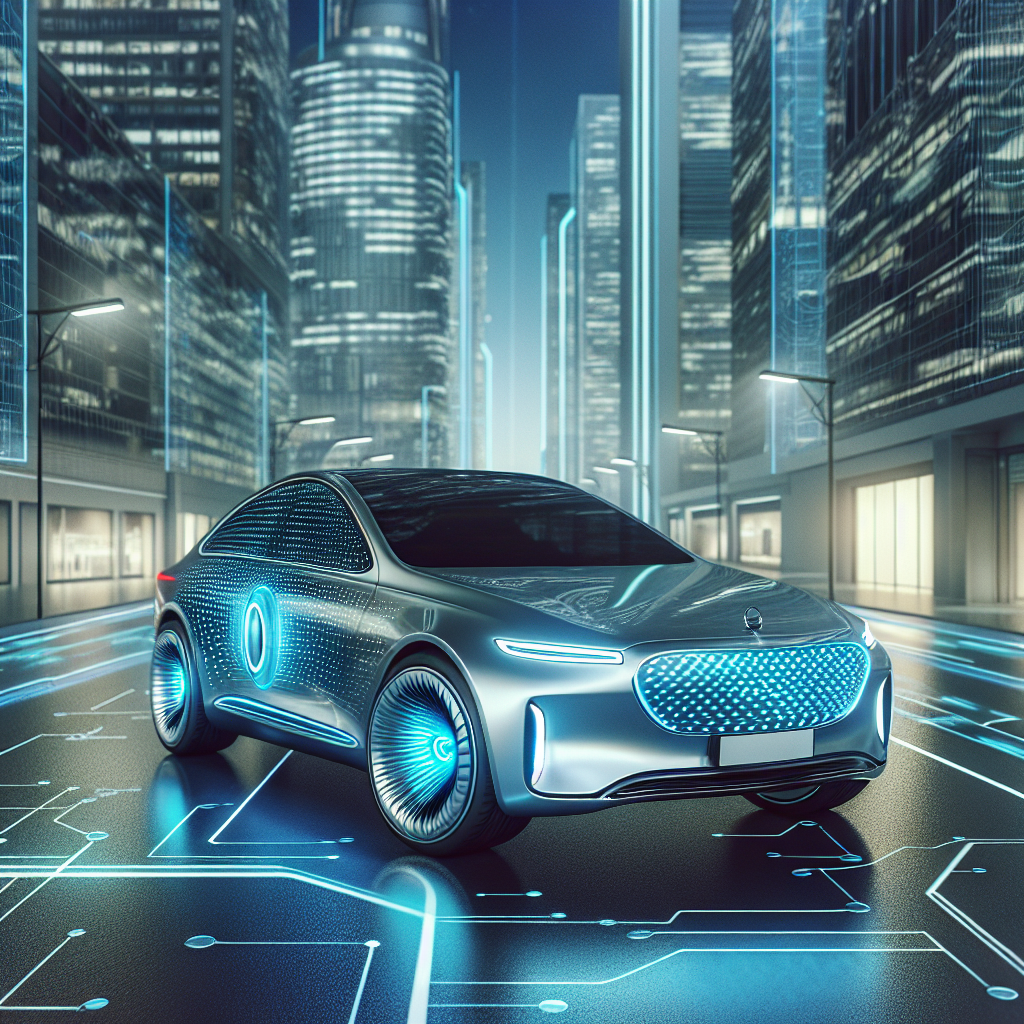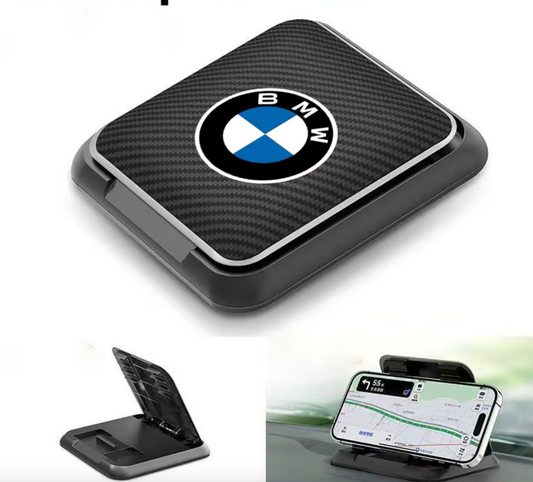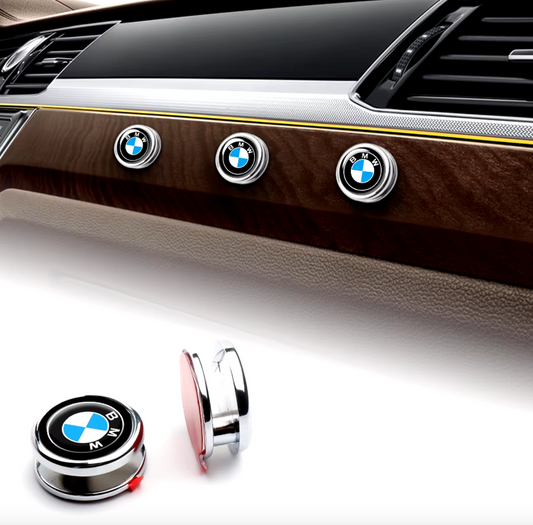BMW and Autonomous Driving: What's Next
The future of automotive is here and BMW is leading the way with technological innovations in autonomous driving. Are you ready to discover how this iconic brand is revolutionising the way we drive?
BMW's Vision for Autonomous Driving
BMW has been investing heavily in autonomous driving with a clear ambition: to offer an unprecedented driving experience that combines safety, efficiency and driving pleasure. Its approach focuses on five levels of autonomy, from driver assistance to fully autonomous vehicles.
Levels of Autonomous Driving
- Driver Assistance (Level 1): Basic systems such as adaptive cruise control and lane keeping system.
- Partially Automated Driving (Level 2): The vehicle can control the accelerator, brakes and steering under certain conditions, but the driver must always remain alert.
- Conditionally Automated Driving (Level 3): The car can handle most driving tasks, but driver intervention is needed in complex situations.
- Highly Automated Driving (Level 4): At this level, the car can handle all aspects of driving in geographically limited areas.
- Fully Automated Driving (Level 5): The vehicle is fully autonomous and requires no human intervention in any environment.
Technology and Innovation
BMW has incorporated a series of advanced technologies to bring autonomous driving to reality. These include:
- Lidar and Camera Sensors: These systems allow the vehicle to 'see' its surroundings, detecting obstacles and other vehicles.
- Artificial Intelligence (AI): BMW uses advanced AI algorithms to process data and make decisions in real time.
- 5G connectivity: The high connection speed allows instant communication between the vehicle and the road infrastructure, improving safety and efficiency.
Impact on Urban Mobility
BMW’s introduction of autonomous vehicles will not only transform the driving experience but will also have a significant impact on urban mobility. Some of the notable benefits include:
- Reduced Traffic: Self-driving cars can communicate with each other to optimize routes and reduce traffic jams.
- Increased Safety: The precision and rapid response of autonomous systems can significantly reduce traffic accidents.
- Efficient Fuel Management: Autonomous driving can optimize fuel use, reducing emissions and operating costs.
The Challenge of Regulation
Although technology is advancing rapidly, regulation needs to catch up. BMW is working closely with governments and road safety agencies to establish a regulatory framework that will ensure safe and effective implementation of autonomous vehicles.
The Future of BMW
The future of BMW is exciting and promising. With a constant focus on innovation and sustainability, BMW is set to lead the automotive industry in the era of autonomous driving. Stay tuned, because the best is yet to come.













